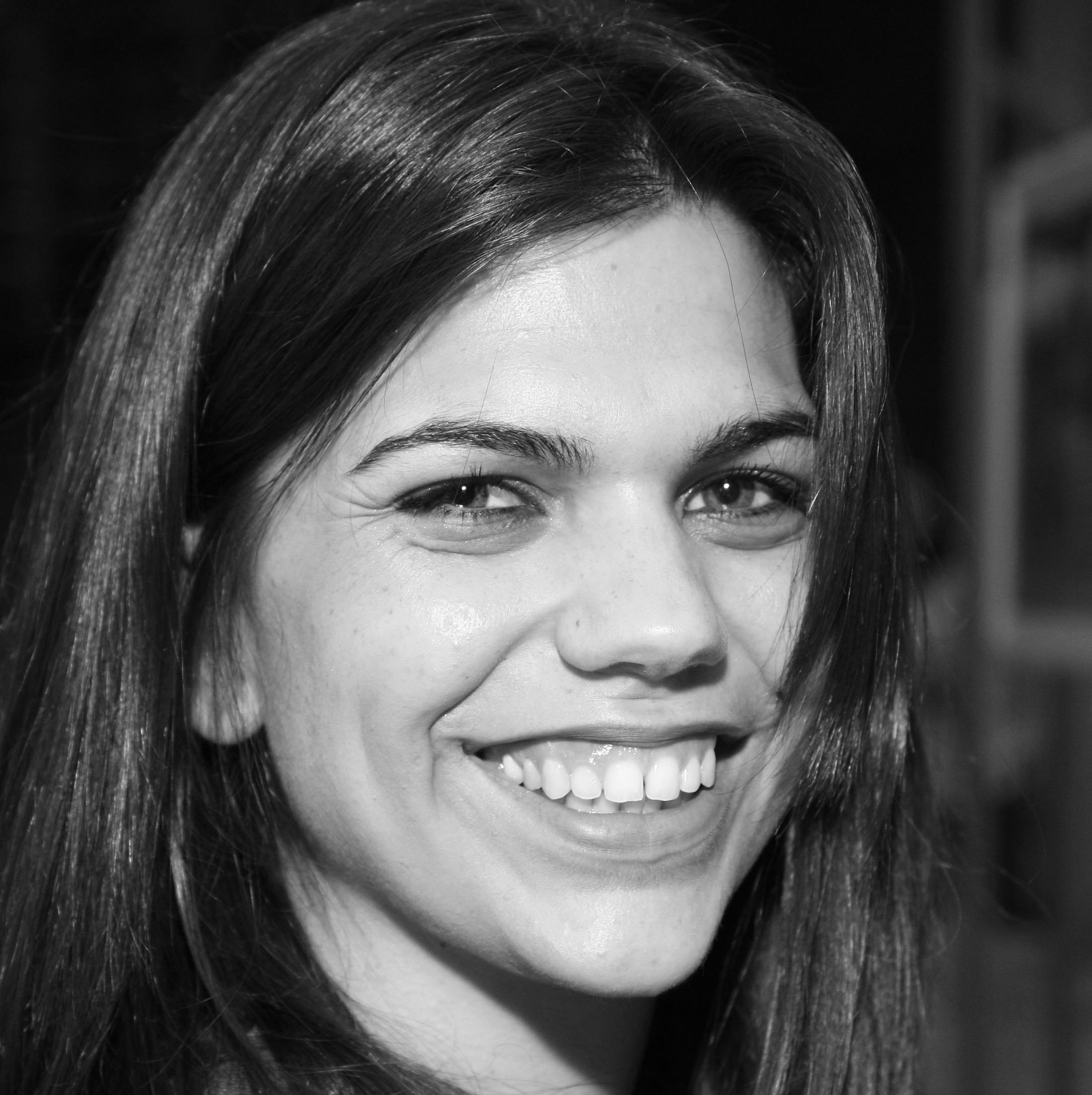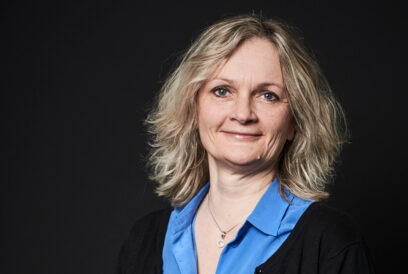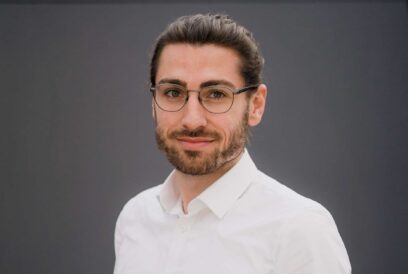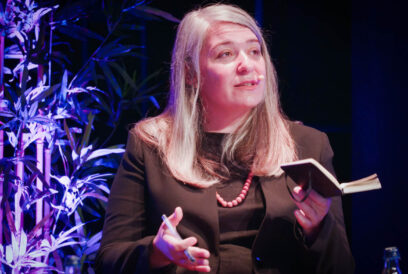
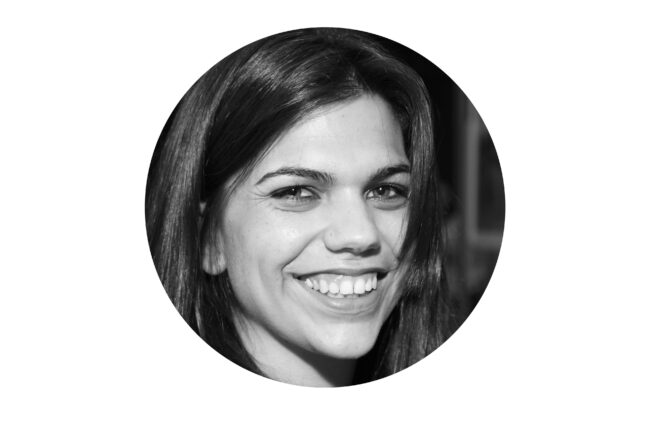
COVID-19 is exposing gaps in infrastructure and is challenging our collective social systems. In Serbia, the situation has highlighted the consequences of the marketisation of adult education, writes Maja Maksimović. The text is a column published in the Speakers' Corner series.
As in many other fields, the current COVID-19 crisis is highlighting already-existing problems in the adult education sector.
In many European countries, adult education has been left to market and individual financing, and others have reduced investment in non-formal education by re-focusing on vocational education. In post-Yugoslavian countries, the existing system was devalued in the 1990s and adult education institutions were turned into commercial services due to insufficient financial investment.
The crisis is also an issue of gender equality, as women are over-represented in affected sectors including adult education.
In Serbia, the pandemic means a considerable reduction of economic activity for self-employed workers. Adult educators are likely to be hit particularly hard, as they do not have access to paid or sick leave and are less protected by conventional social protection mechanisms.
The crisis is also an issue of gender equality, as women are over-represented in affected sectors including adult education. Self-employed women work predominantly in the service sector, leaving them in a particularly vulnerable position.
SO FAR, THE SERBIAN GOVERNMENT has introduced measures for enterprises, but failed to respond to the issues many freelancers are facing. Meanwhile, discounted online courses are blooming, and teachers are asking for donations in order to sustain their activities. In other words, right now the non-formal adult education in Serbia is dependent on the solidarity of learners.
Old structures have been dissolved and the new is not yet born, so we are living in the space of the unknown.
In my opinion, moving learning to virtual spaces should be considered only a temporary solution. Keeping in mind that adult education has always been about democracy, citizenship, communities and togetherness, I find that actually being with people in a public space is essential.
Personally, I feel a greater need to look around myself and to investigate my physical space and location. Instead of solely embracing the explosion of free online courses, I want to focus on my immediate surroundings and tangible things.
MY GOOD FRIEND AND COLLEAGUE Adriana Zaharijević talks about the epistemic shock we are facing, as the world we know has dramatically changed and reality is suspended.
It reminds me of the transformative learning theory and the liminal phase: old structures have been dissolved and the new is not yet born, so we are living in the space of the unknown.
Sometimes we try to overcome the unknown by reading forecasts that dare to describe our future. I do not trust them, as I believe that the future will unfold through our visions and actions.
During quarantine, I have found imagination to be the most valuable aspect of my survival kit, and reading and writing poetry the most calming of activities.
The fragility of democracy and the misuse of power only confirm the fact that adult education should be about and for active citizenship.
This experience is in contrast to my anger towards the Serbian government and the way they are exploiting the state of emergency (the fourth in my life). I see a journalist being arrested on charges of causing panic and unrest for reporting on the difficult situation at the Clinical Centre of Vojvodina. I witness citizens being accused of not being disciplined enough, making them the only ones responsible for the situation.
To me, the fragility of democracy and the misuse of power only confirm the fact that adult education should be about and for active citizenship.
I therefore try to contemplate potential new worlds and new beginnings. What will start to evolve underground during the period of isolation? Could freedom and change begin in quarantine?
Author
